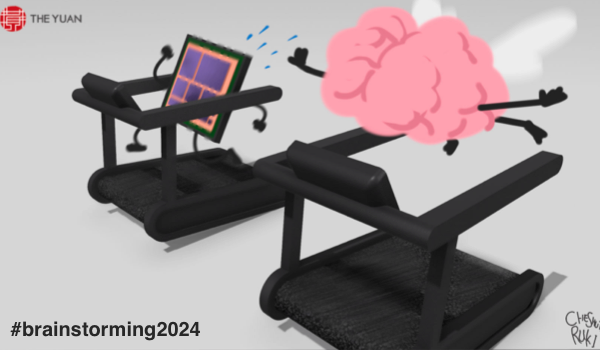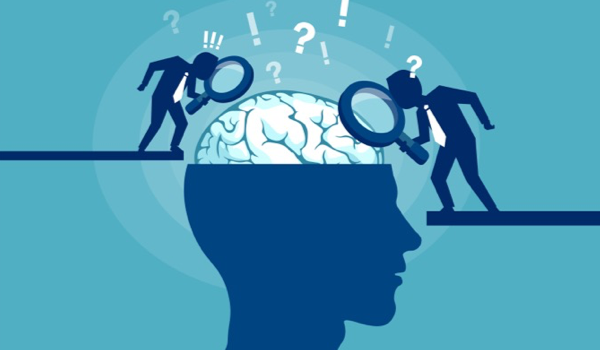


ISTANBUL - Scientific and technological advancement have always closely intertwined with ethical issues. Serious ethical breaches in research have occurred - especially in the 20th century - which have impacted the evolution of ethical oversight in subsequent decades. This article explores the transition from historical instances of unethical experimentation to the contemporary problems arising from digital technology, emphasizing the role ethics committees play in both domains.
From the past, men claim to glean a lesson... Oh, what a fanciful thought!
Does a tale of five millennia grant but a half portion sought?
'History,' they say, 'is but a cycle ever turning';
If lessons were truly drawn, would history keep returning?
Mehmet Akif Ersoy, author of the Turkish national anthem
Historical lessons, ethical foundations
The Tuskegee Syphilis Study, which ran from 1932 to 1972, is an iconic instance of unethical research. This study, which involved men of African American descent, jointly conducted by the United States Public Health Service (PHS) and the Centers for Disease Control and Prevention on a group of nearly 400 African American men with syphilis, observed the effects of the disease left untreated, though medical advancements made it entirely treatable by the end of the study. The subjects were not informed as to the nature of the research, and over 100 died in consequence.
The PHS that started the study in 1932 blatantly broke ethical rules by purposefully withholding therapy and failing to obtain informed consent. While upsetting, it als
The content herein is subject to copyright by The Yuan. All rights reserved. The content of the services is owned or licensed to The Yuan. Such content from The Yuan may be shared and reprinted but must clearly identify The Yuan as its original source. Content from a third-party copyright holder identified in the copyright notice contained in such third party’s content appearing in The Yuan must likewise be clearly labeled as such. Continue with Linkedin
Continue with Linkedin
 Continue with Google
Continue with Google









 732 views
732 views








